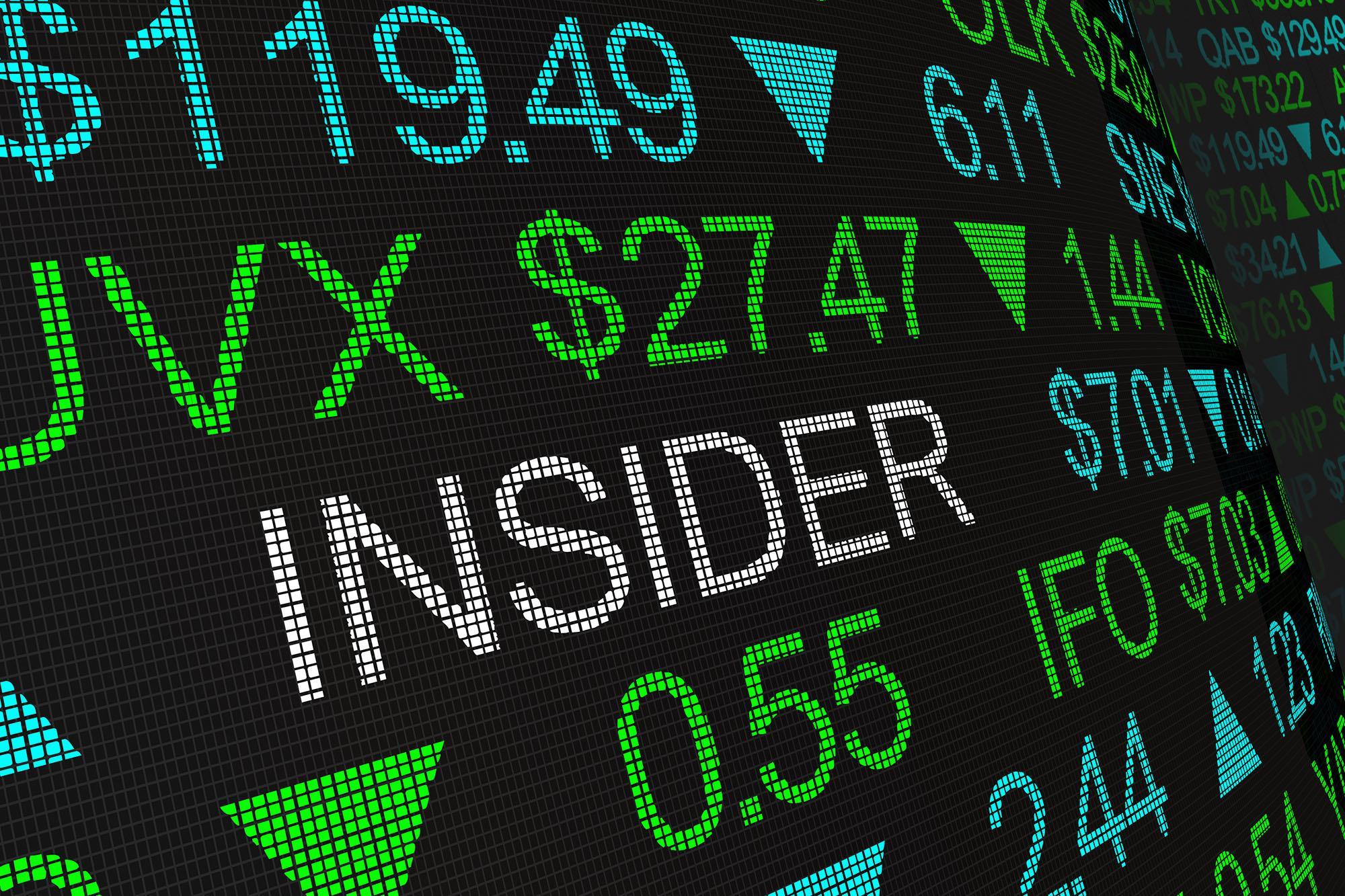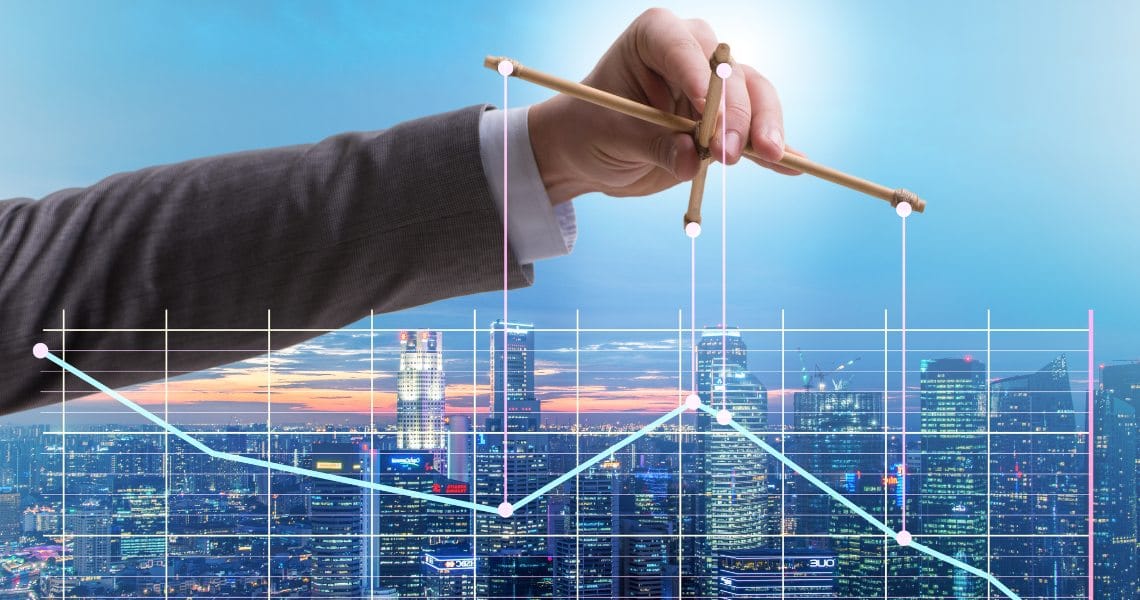In the info-field https://telegram-store.com/catalog/product-category/channels/business, it is increasingly common to hear words like “insiders” and “insider trading.” What does it mean and how to work with such concepts? And most importantly, who are insiders and what is their status?
Who are insiders?
The term itself does not refer only to economics, but is multidimensional.
Insiders are people or companies who have some “secret” information. In the case of trading, information about securities. For example, about the composition of the board of directors or its changes, data about the annual plan or a full-fledged plan of what will happen to this or that company in the near future.

For a complete list of those who may qualify as insiders, see below:
http://www.consultant.ru/document/cons_doc_LAW_103037/2ff6ae234a647358dfe37e35ff9808966dc98515/
If an insider trades in his company’s securities, he is required by law to report on it. There are days (for example, before a company’s financial report is released) when an insider is not allowed to transact. At other times, it is not prohibited. Restrictions do not apply to trading in financial instruments of other companies, to whose proprietary information they do not have access.
Insider information
Now that we have dealt with those who are called insiders, we can conclude what insider information is. Namely, it is information that has been obtained from an insider. Namely, non-commercial confidential information that in one way or another can affect the value of securities.
A complete list of such activities is provided below:
http://www.consultant.ru/document/cons_doc_LAW_103037/1d21d7499add78fed2cb019fe3d1ff384b13251d/
Important! It’s worth separating “insiders” with legal status from mere forecasts – they are different things.
Information about insiders
Information about insider trades can be found in special services. Private investors should not rely entirely on this data, but it is useful to consider it when making investment decisions or, for example, when conducting a fundamental analysis of a company.
Breaking the Law

It may seem that insiders provide access to all information, but no. They are also subject to the law and may face liability if they break it. Most importantly, insiders cannot use or profit from the information they receive. Otherwise, they could face:
- up to 1 million rubles;
- ban on stock trading;
- correctional labor for up to 4 years;
- in some cases – imprisonment for up to 6 years.
Brief info
After obtaining all the data, it is possible to make a brief overview of all information about insiders and insider activities:
- Insiders are individuals who know more about companies than private investors. For example, company executives, boards of directors, auditors, and others.
- Insider information is non-public information that can be used to manipulate the market and take advantage of transactions.
- Insiders can trade shares of their companies and are required to report on the trades made. On some days, trading in securities is prohibited.
- Penalties for illegal insider trading include fines, community service, or imprisonment.
